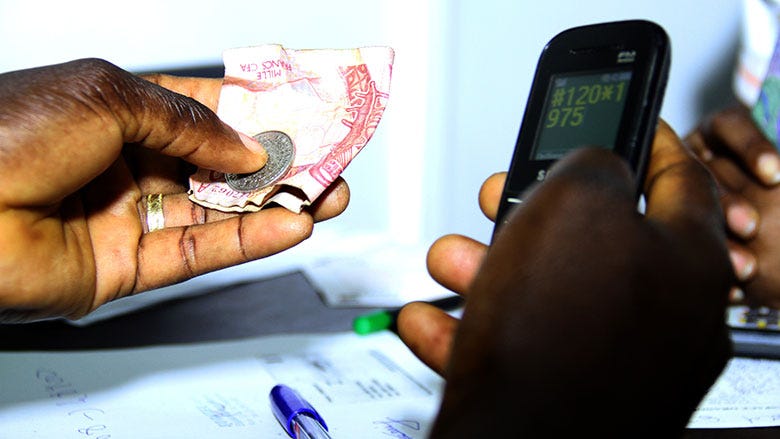 |
| Money is mobile |
Thursday 12 July 2018
The Future is Here
Thursday 1 March 2018
New Word Alert; Adverdiversify
Black history month is an American concept. The release of Black Panther in February was probably strategic, but the wave's ripple effects are beyond what many could have imagined. A Namibian indigenous tribe was showcased in the blockbuster movie. Allow me to vent.
Namibia is easily amongst the countries with the fewest people per square kilometre.
Also, a good percentage of Namibia's consumer spending is mainly influenced by blacks.
Yet, it is pretty striking how much the Namibian advertising Industry is controlled by a handful of white people. Lol, like everything else.
Pause and ask, how many black advertising leaders do you know? We are flooded with ads on radio, television, newspapers and billboards, yet how many of our people run these campaigns? Unlike xenophobic South Africa, diversifying should not be difficult in Namibia with just 2.4 million people.
Most would say that blacks don't know much about careers in advertising.
Do not get me wrong, and there is no disparity in the workforce; the main issue lies in the gap in the trust to push creative ideas, the lack of black advertising creative directors. Forget how unfair that might sound, but it isn't good for business as well.
Diversity brings a mixture of ideas, which the industry has been crying out for since the great millennium—good luck naming a great ad or campaign that was or is headed by a black creative.
Recently, ad agencies have partnered up with fashion icon Loux The Vintage Guru on several campaigns. These seemed to have appealed to the masses because fashion in Namibia is enjoying an upward curve. A darkie behind the concepts? I hope so because the work was appealing and was speaking the language of a specific race.
The thing about unpacking demographics and looking into purchasing power is that a spirit of arrogance is needed when doing the actual creative work. So much of what should happen in advertising is to examine how people behave, and I believe that saying things like "I know these people; I know what they like and what they consume" should be a natural requirement. And that's why Black Panther was a success.
My interest in advertising started over six years ago, and I have probably read more than 30 pieces titled in the lines of "THE DEATH OF ADVERTISING", yet the great industry continues to thrive.
Advertising will never die. Wipe out the entire black race, and then we might see the death of advertising. The age of consumerism started to blossom when blacks started getting a seat at the table, and with consumerism on the rise, advertising will sneak in to hold its hand, so they walk side by side.
There's a new wave mixed with so much beautiful tension, which I suspect is due to a new generation of people coming toe to toe with archaic systems, be part of it!

